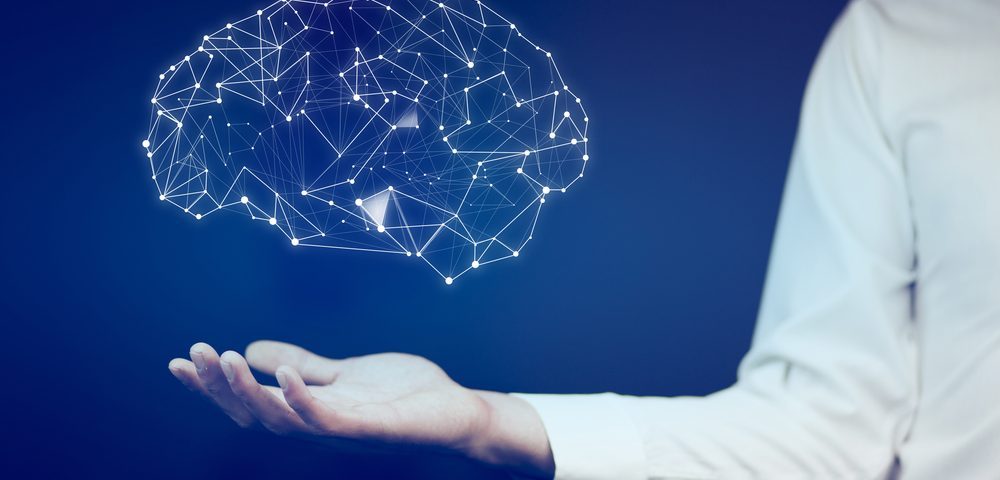Many with endometriosis are no strangers to tiredness and brain fog. Chronic fatigue is forever in pain’s shadow, and yet for some of us, it’s even more debilitating than the pain itself. Tiredness affects mood, performance, memory, and cognitive function — pretty much everything needed to live a normal life and get through the day even mildly successfully.
Fatigue has always been my enemy No. 1, which is why I’ve become so interested in “biohacking” lately. Biohacking is the term given to the act of improving the body and mind through food, sound, and other influences.
As Mark Moschel at Medium.com puts it, “If we want better outputs—to have more energy and focus, to be free of disease, to have a better memory, to perform optimally in business and athletics—then let’s tweak the things we put into our body and mind to stack the deck in our favor.”
So, that’s what I’ve been doing lately. I’ve really liked the results. I’ve done some extra research to find a few ways to biohack out of fatigue, or at least boost energy and minimize brain fog.
Mushrooms
I wrote about mushrooms and endometriosis a little while back. One of the mushrooms I mentioned was lion’s mane. Studies show that lion’s mane improves memory and heightens cognitive function through regenerating brain neurons. This mushroom has become a staple part of my diet. I have about 1 teaspoon a day, and the results are really noticeable to me. I feel less confused, overwhelmed, and hazy. I think and remember things more clearly, and feel mentally on top of my workload.
Another mushroom that I’ve yet to try but am excited about is Cordyceps, which reportedly increases energy and stamina. While I’m not an athlete, I’m sure I could benefit from the added mental and physical strength that comes with consuming Cordyceps.
Nootropics
While nootropics can also include drugs, I’m limiting this discussion to supplements. So, for this purpose, nootropics are supplements or natural substances that improve cognitive function.
There’s controversy about whether these work, or if there’s sufficient research to prove they work as effectively as claimed, but I’ve been following and listening to a bunch of biohacking enthusiasts who really feel a difference after taking these. Placebo or not, I’m curious as to whether they could help me.
The two that stand out to me the most are Power Up by Motion Nutrition and Alpha Brain by Onnit. Alpha Brain is taken by Rich Roll, who’s not just an athlete but also an absolute health enthusiast. Power Up is new to the U.K. market but is stocked in one of the most reputable health stores, Planet Organic.
While I haven’t tried either products, I’m excited to give at least one of them a go and understand more about this corner of the supplements world. If you’re curious, there’s a really helpful article about nootropics at Neurohacker Collective.
Light therapy
It’s become common knowledge that humans are out of sync with their body clocks. The invention of electricity threw us off, and now that blue light from our laptops and phones further worsens the issue. Many with endometriosis suffer from poor sleep, whether from pain, hormonal imbalances causing sleep issues, or mental symptoms such as depression and anxiety. Combining these with an unsettled body clock is a recipe for insomnia and worse brain fog and fatigue.
My boyfriend recently told me about the HumanCharger, a pair of earbuds that shine light into ears to improve mental and physical well-being.
I haven’t tried them yet (they’re slightly on the pricey side, so I need to save a little), but the company intrigues me. Essentially, the eyes aren’t the only areas of the body responsive to light — our ears are, too. That ear light supposedly triggers circadian rhythms (the body clock). As a result, body functions begin matching the time of day. This, in turn, reduces tiredness, increases energy levels, improves mood, and helps with mental alertness.
I can’t claim it works, but I’m always interested in new ways to manage endometriosis symptoms, so I’m open to trying them!
***
Note: Endometriosis News is strictly a news and information website about the disease. It does not provide medical advice, diagnosis, or treatment. This content is not intended to be a substitute for professional medical advice, diagnosis, or treatment. Always seek the advice of your physician or other qualified health provider with any questions you may have regarding a medical condition. Never disregard professional medical advice or delay in seeking it because of something you have read on this website. The opinions expressed in this column are not those of Endometriosis News or its parent company, BioNews Services, and are intended to spark discussion about issues pertaining to endometriosis.


